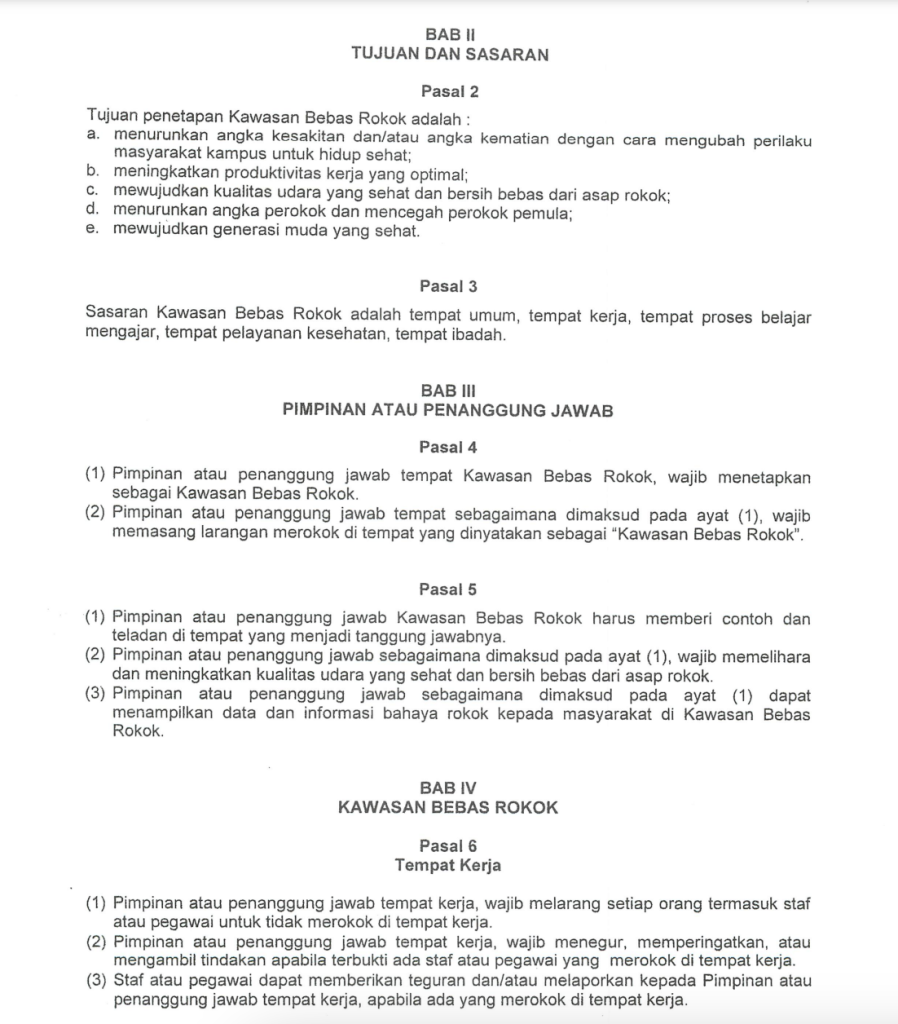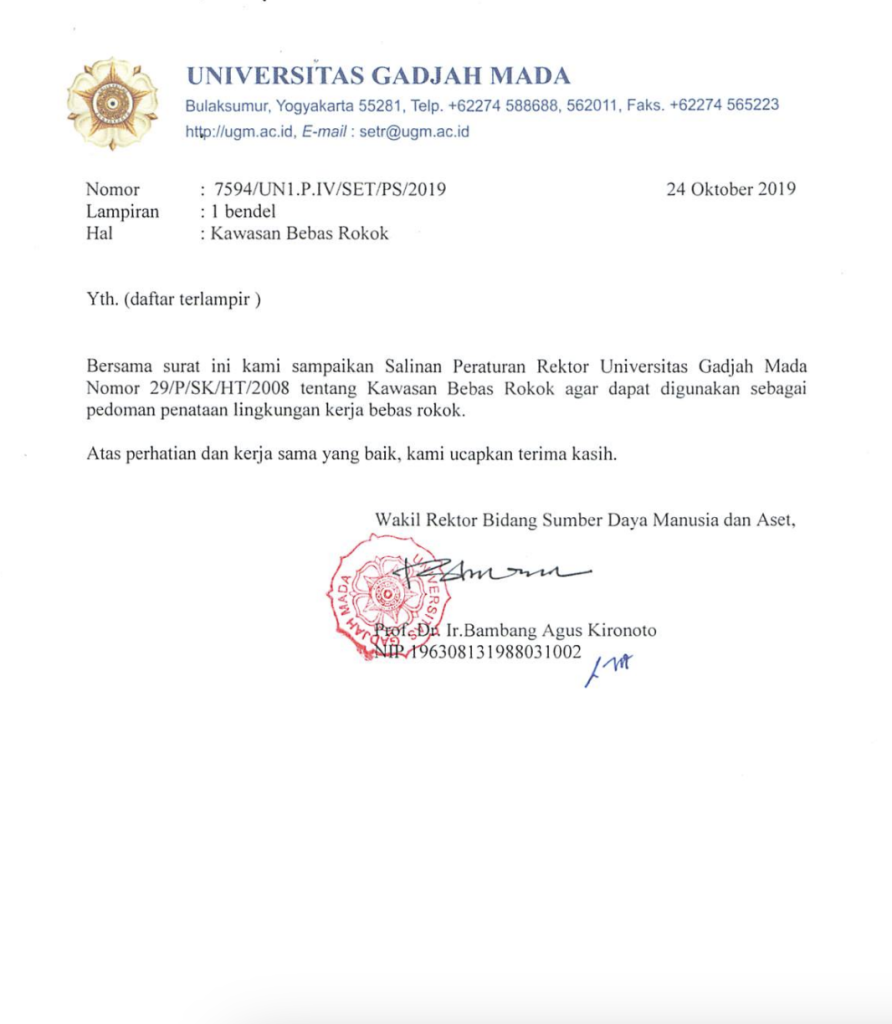Smoking poses significant health risks, including cancer, respiratory issues, and cardiovascular diseases, not only for those who smoke but also for those exposed to secondhand smoke. Secondhand smoke still contains harmful chemicals that can cause similar life-threatening conditions in non-smokers. A smoke-free policy is essential to protect the campus community from these dangers and to foster a healthier environment for everyone. By creating a smoke-free campus, institutions encourage healthier choices among students and staff, reducing the prevalence of smoking and its associated risks. Ultimately, improved air quality enhances the overall campus experience, promoting a safe and pleasant atmosphere for learning and research. Not to mention, reducing smoking rates helps lower healthcare costs linked to smoking-related illnesses, benefiting both individuals and society. Smoke-free policies are a step to creating a healthier campus and future for all.
The guidelines for smoking-free areas are specified in Rector’s Regulation Number 29/P/SK/HT/2008 on Smoke-Free Areas. Article 3 of the regulation states that “smoke-free zones include public places, workplaces, educational facilities, healthcare facilities, and places of worship”. According to Article 6, in UGM’s workplace, heads of staff or those responsible for workplaces must prohibit everyone, including staff or employees, from smoking in the workplace. As for the educational facilities, Article 7 demands that those responsible for educational facilities must prohibit everyone, including students, educators, administrative staff, and other school personnel, from smoking in educational environments. UGM has already provided designated areas for smoking zones in Article 10.


This regulation was subsequently reviewed and reinforced by Circular Letter No. 7594 Year 2019, focusing on Smoke-Free Areas.

The implementation of this policy is overseen by the Health Promoting University framework, which serves as a guideline for implementing healthy campus initiatives across universities.
UGM has been part of the HPU network since 2019 and HPU demands Zero Tolerance for Drugs, Tobacco and Alcohol. At UGM, creating health campus environment that is smoke-free requires not only one type of intervention but a variety of programs, including strategies to protect against tobacco smoke by implementing and strengthening Smoke-Free Areas, advocacy networks to enforce Smoke-Free Areas, participation in the development and supervision of Smoke-Free Areas, and monitoring tobacco use and prevention efforts, such as holding campus community meetings to discuss smoking behaviour.
The university also provides support for students, staff, and faculty who wish to quit smoking. This program is a collaboration between the Center for Behavioral and Health Promotion at the Faculty of Medicine, Public Health, and Nursing (FK-KMK) and the Gadjah Mada Clinic. Advocacy against smoking is also held by a student activist group promoting the Anti-Drug and Anti-Smoking Movement. Efforts include distributing leaflets, displaying posters, selecting anti-drug ambassadors, as well as education and training for anti-drug cadres.
References:
